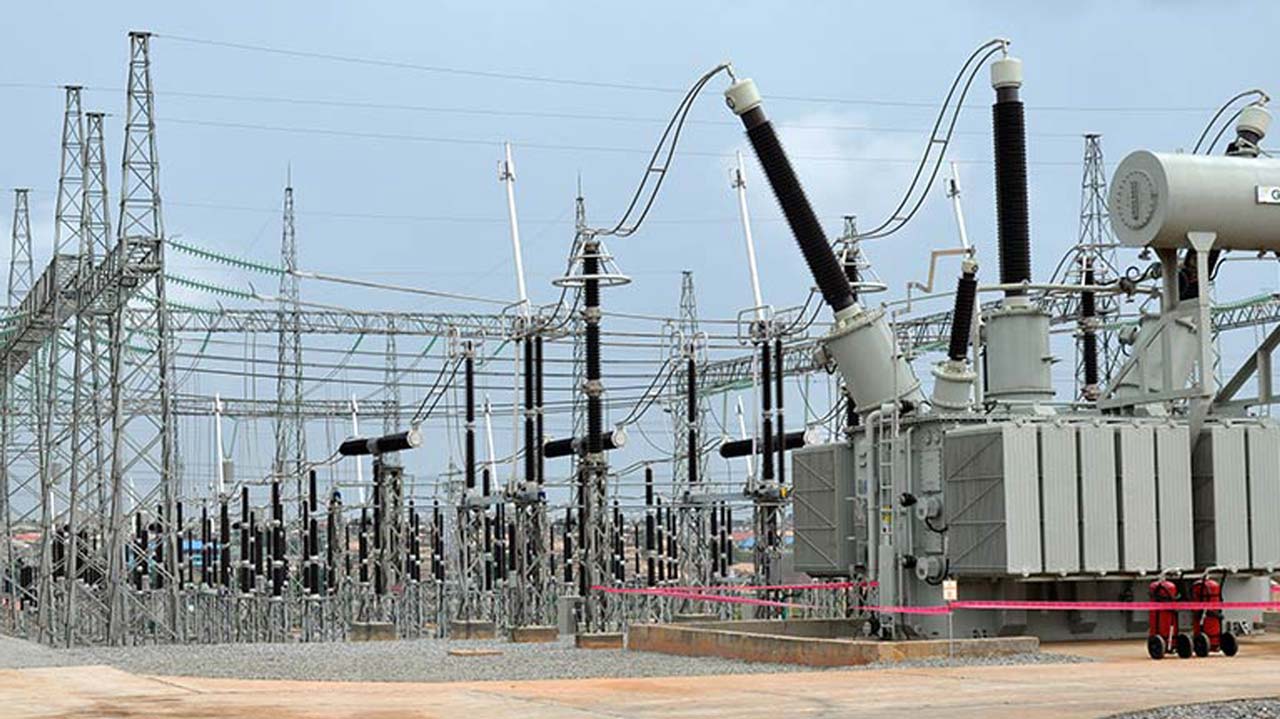The Transmission Company of Nigeria, (TCN) says the partial collapse of the national grid on Sunday was caused by lingering shortage of gas supply to power generation plants across the country.
The TCN said the incident which occured at about 11:21Hours on Sunday affecting Ibom power, has been resolved and the grid fully restored.
A statement released on Sunday by the TCN General Manager, Public Affairs, Ndidi Mbah, disclosed that at 08:00Hours, three hours before the incident, the total generation on the grid was 3,901.25 MW.
Mbah said: “low power generation has persisted since January 2024, to date, exacerbating daily due to the lingering gas constraint.”
Mbah said TCN National Control Center revealed that shortly before the grid collapse, Sapele Steam & Egbin Substations lost a total of 373.16MW.
“According to the National Control Center (NCC), the Internet of Things (IoT) revealed that just before the partial disturbance, which occurred at 11:21Hrs today, Sapele Steam & Egbin Substations lost a total of 29.32MW & 343.84MW at 11:20:14Hrs & 11:20:17Hrs respectively, totalling 373.16MW. This, combined with the current low power generation due to gas constraints, caused the imbalance leading to the partial system disturbance,” the statement explained.
READ ALSO: Nigeria’s Power Sector Journey: 2023 In Perspective
The statement further noted that Gas constraints continue to impact grid flexibility and stability, adding that “Ensuring sufficient gas supply to power generating stations is crucial for grid stability as sufficient generation allows for better grid management in the event of sudden generation losses like this.”
“TCN will investigate the cause of tripping of Sapele Steam & Egbin power generating units,” the statement added.
Gas supply constraints has long been identified as one of the major challenges affecting the functioning of the thermal power plants in the country leading to loss of billions of naira in the power sector.
The TCN had in January announced that there is a gradual decrease in available power generation into the grid “due to gas constraints to the thermal generating companies, which has impacted the quantum of bulk power available on the transmission grid for onward transmission to the distribution load centres nationwide.”
According to reports, this has been the case for decades despite Nigeria having the largest reserves of gas
Victor Ezeja is a passionate journalist with seven years of experience writing on economy, politics and energy. He holds a Master's degree in Mass Communication.



















Follow Us